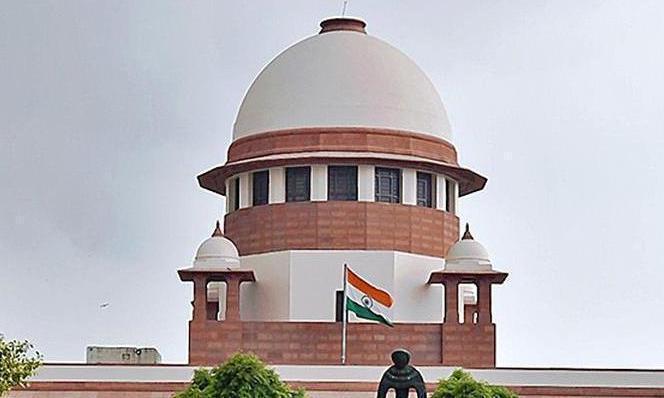
ED cannot directly arrest people under PMLA: SC
text_fieldsNew Delhi: The Enforcement Directorate (ED) cannot directly arrest a person under the Prevention of Money Laundering Act (PMLA), 2002, once a special court takes cognisance of the complaint, the Supreme Court ruled on Thursday. The top court ruled that the central agency will have to approach the special court if it wants their custody, TIE reported.
The court said that after cognisance is taken of the offence punishable under Section 4 of the PMLA based on a complaint under Section 44, the ED and its officers are powerless to exercise powers under Section 19 to arrest a person shown as accused in the complaint.
If the ED wants custody of the accused who appears after service of summons for conducting further investigation in the same offence, the ED will have to seek custody of the accused by applying to the special court, a bench of Justices A S Oka and Ujjal Bhuyan said.
The Supreme Court added that the special court “after hearing the accused…must pass an order on the application after recording brief reasons. While hearing such application, the court may permit custody only if it is satisfied that custodial interrogation at that stage is required even though accused was never arrested under Section 19”, TIE quoted.
Further, the court said that when ED wants to conduct further investigation concerning the same offence, it may arrest a person not shown as an accused in the complaint already filed, provided the requirements of Section 19 are fulfilled.
The bench added that if the accused was not arrested by the ED till the filing of the complaint by taking cognisance on a complaint under Section 44 as a normal rule, the court should issue a summons to the accused and not a warrant. Even in the case where the accused is on bail, a summons must be issued, the court ruled.























